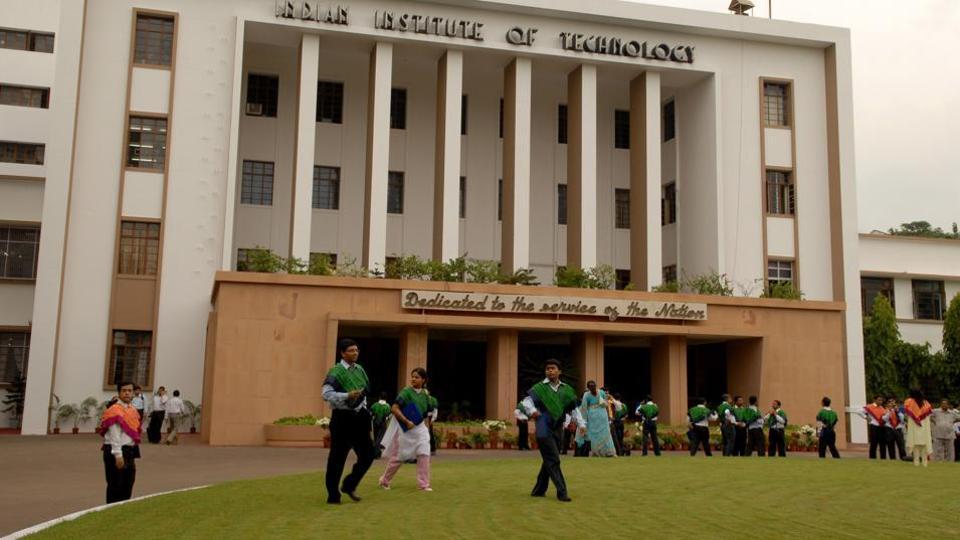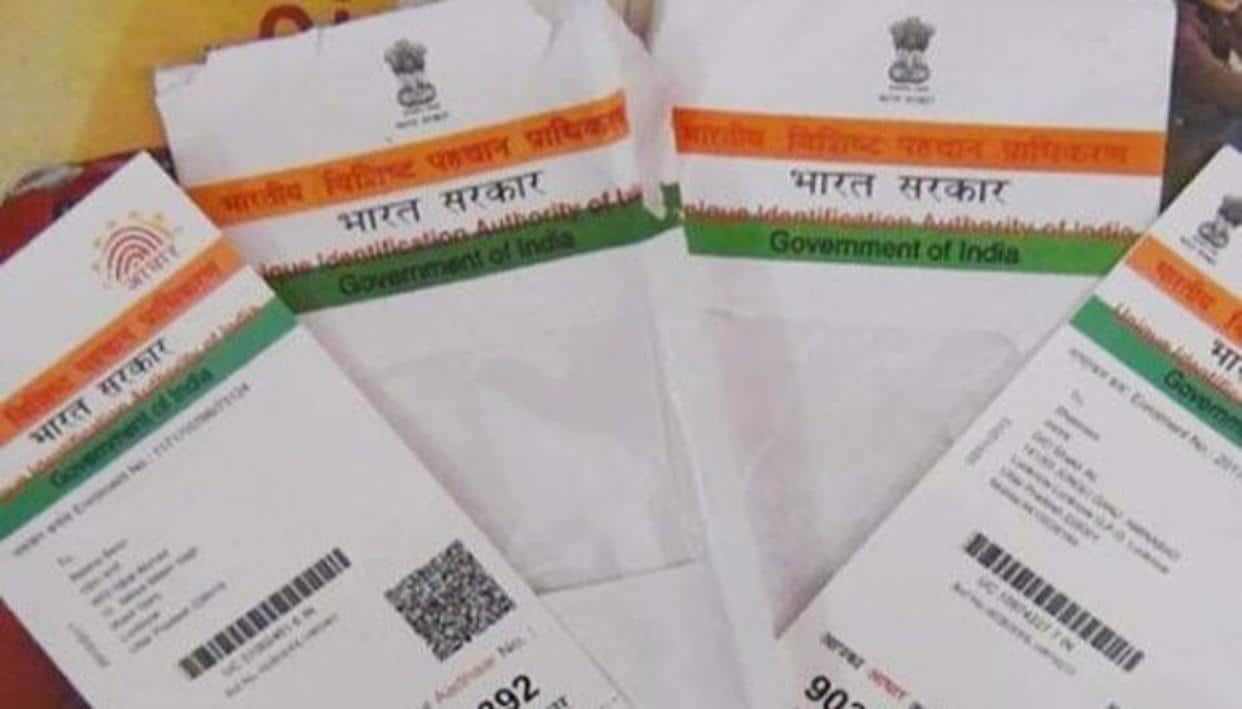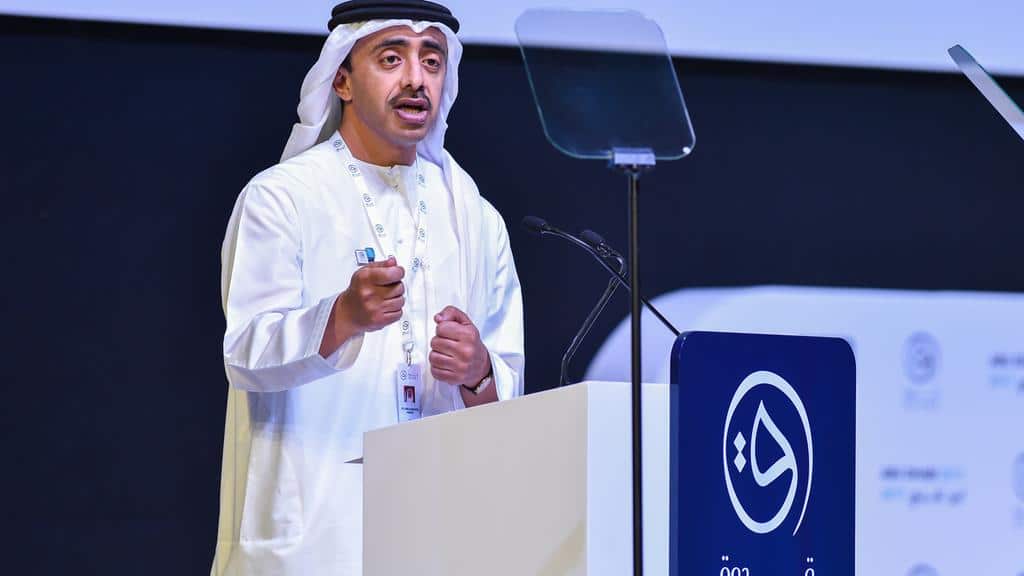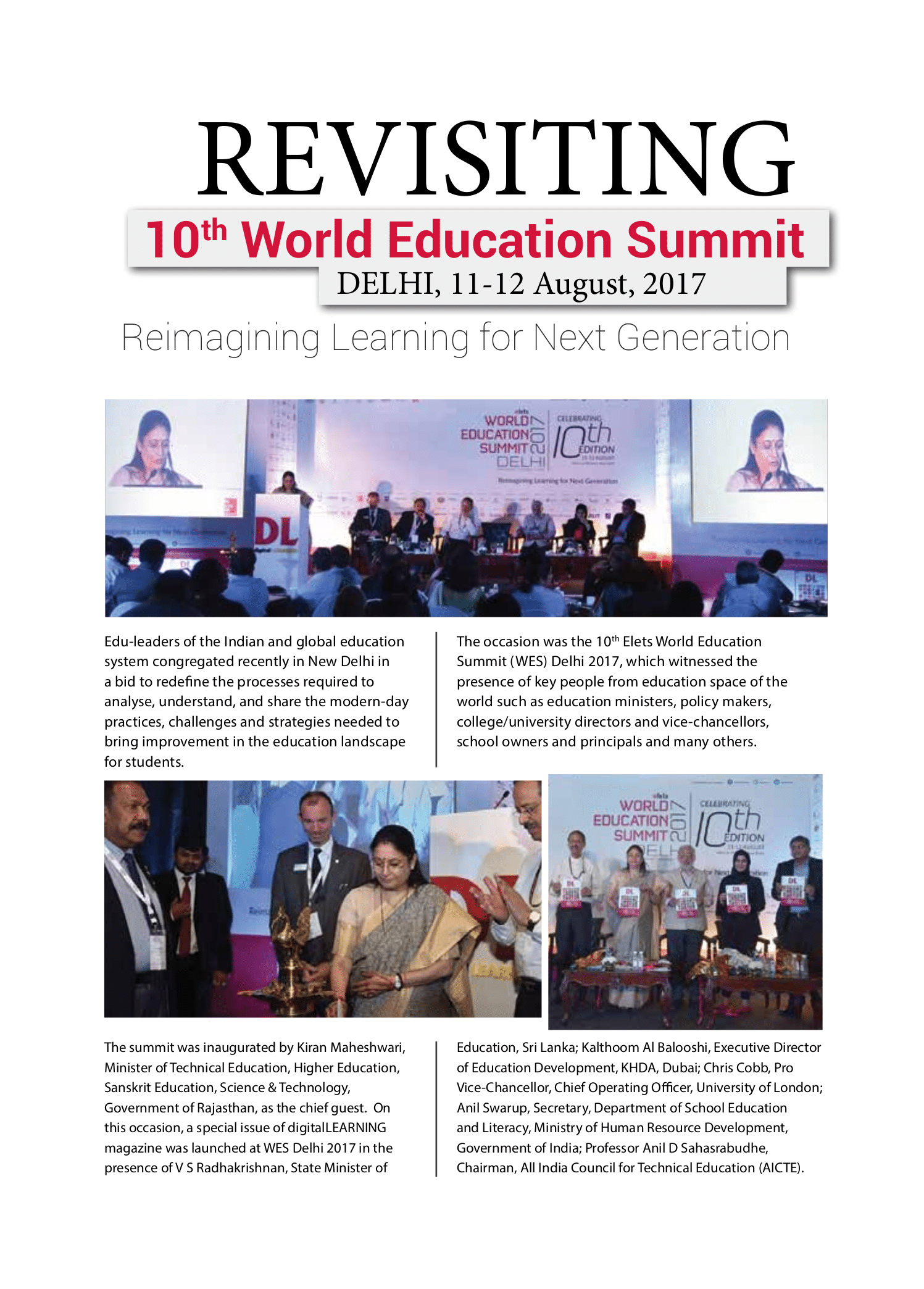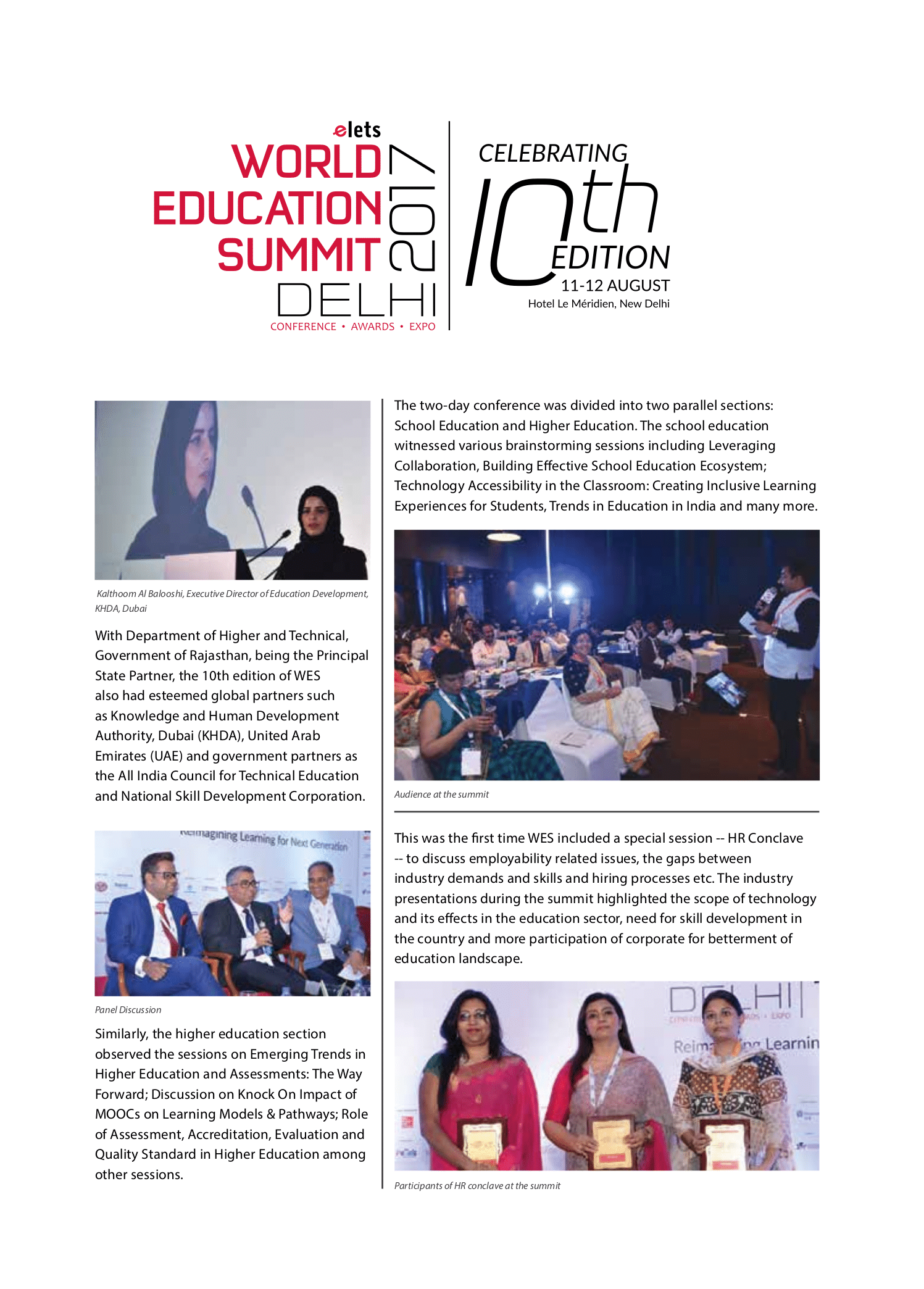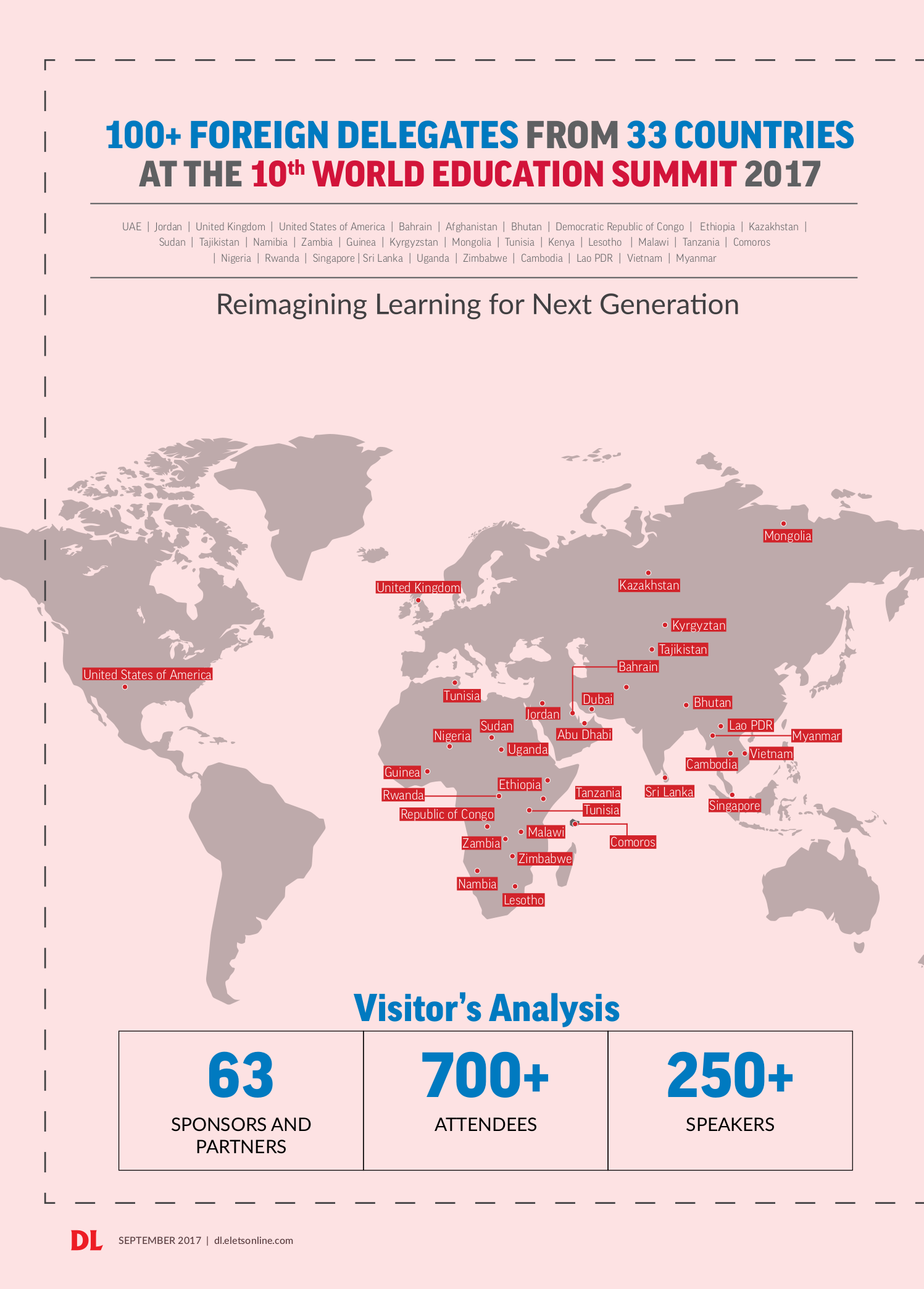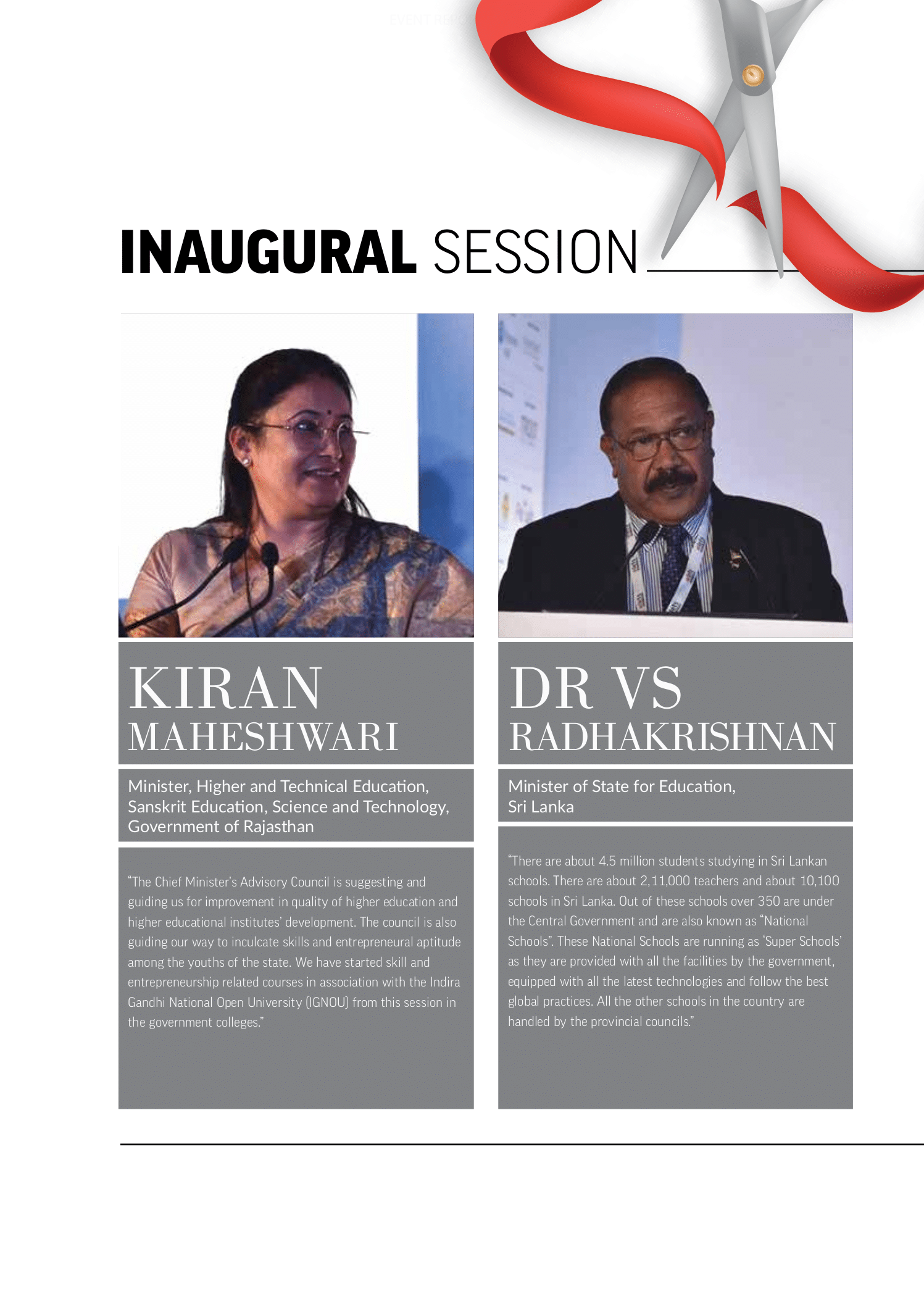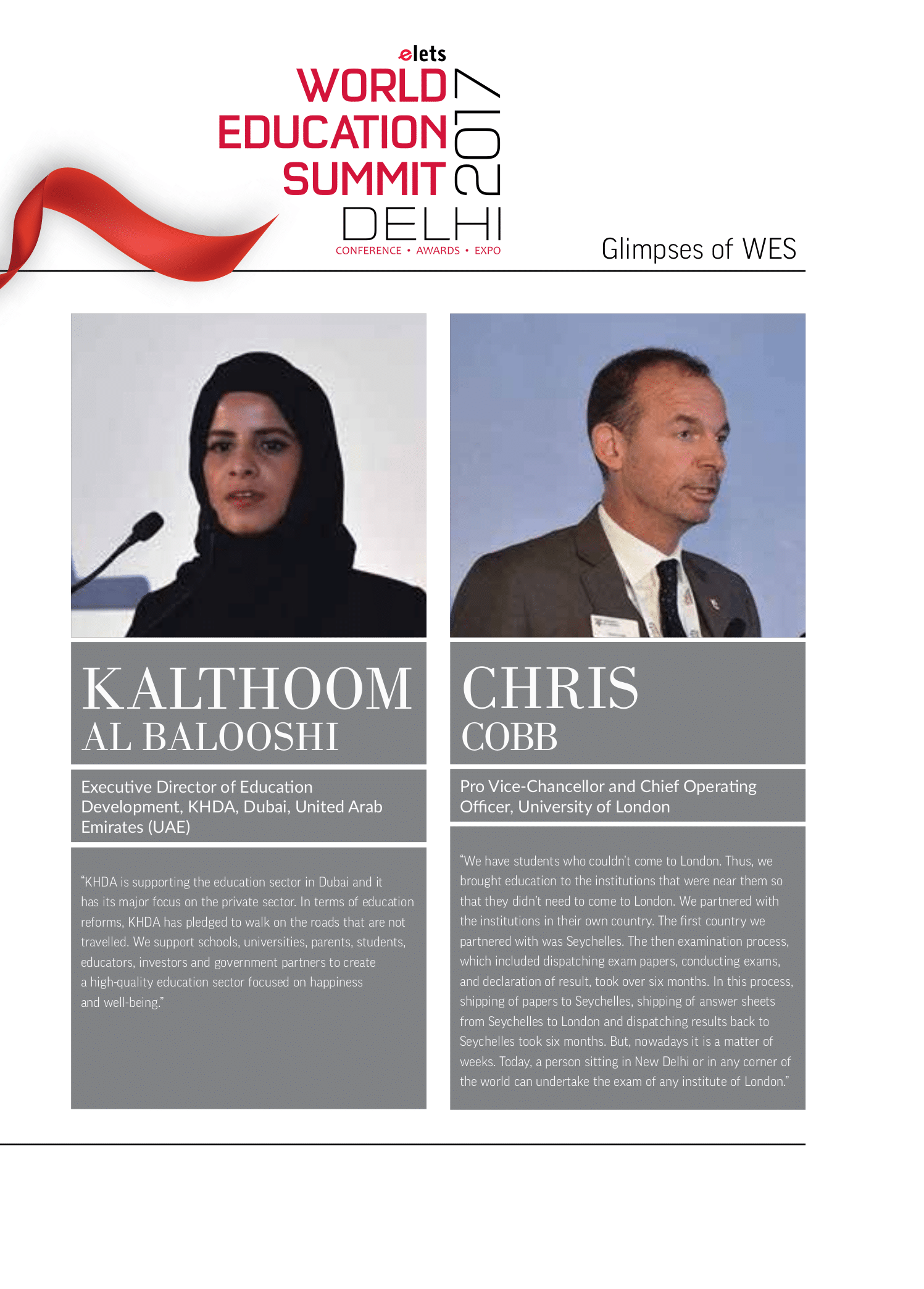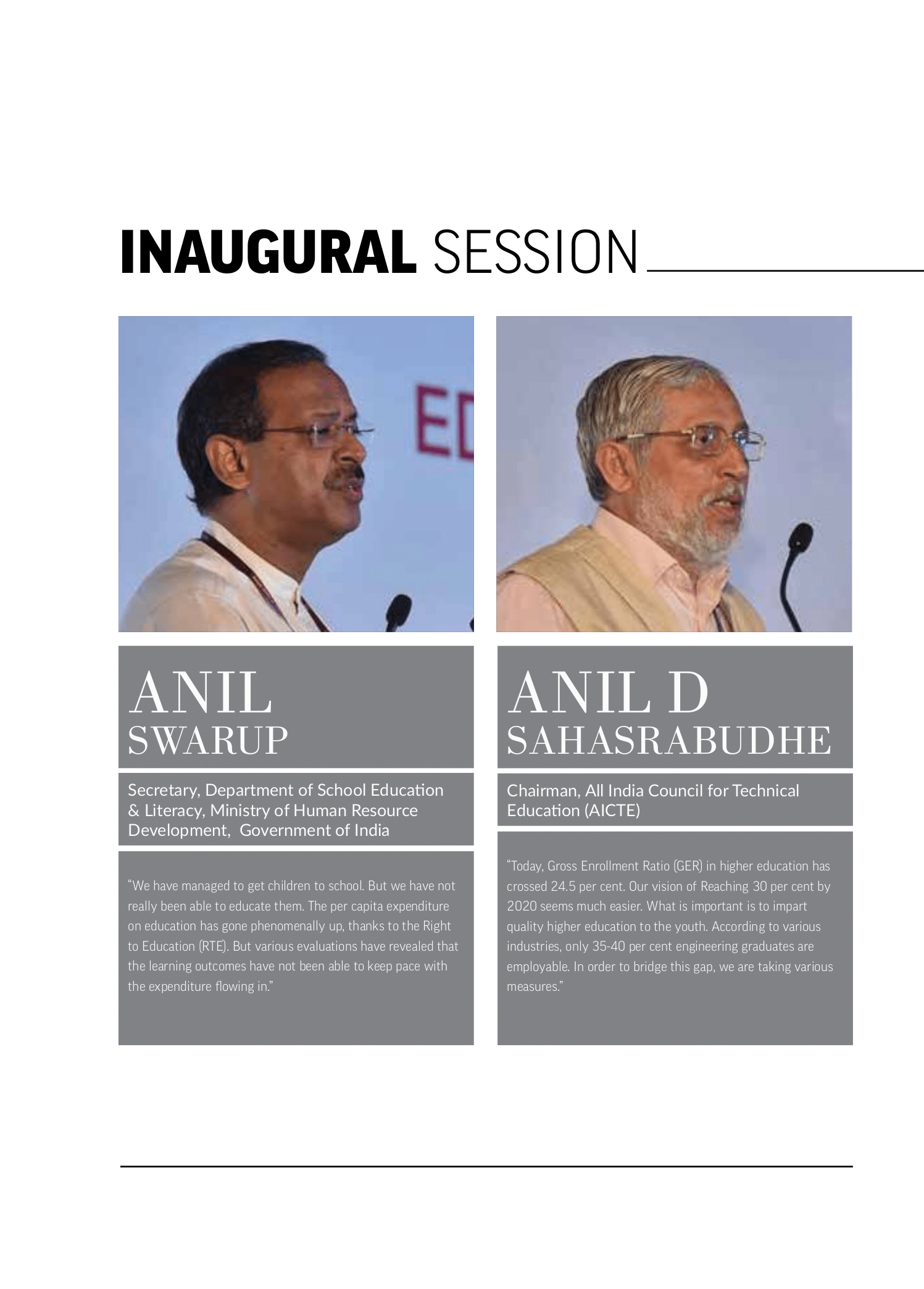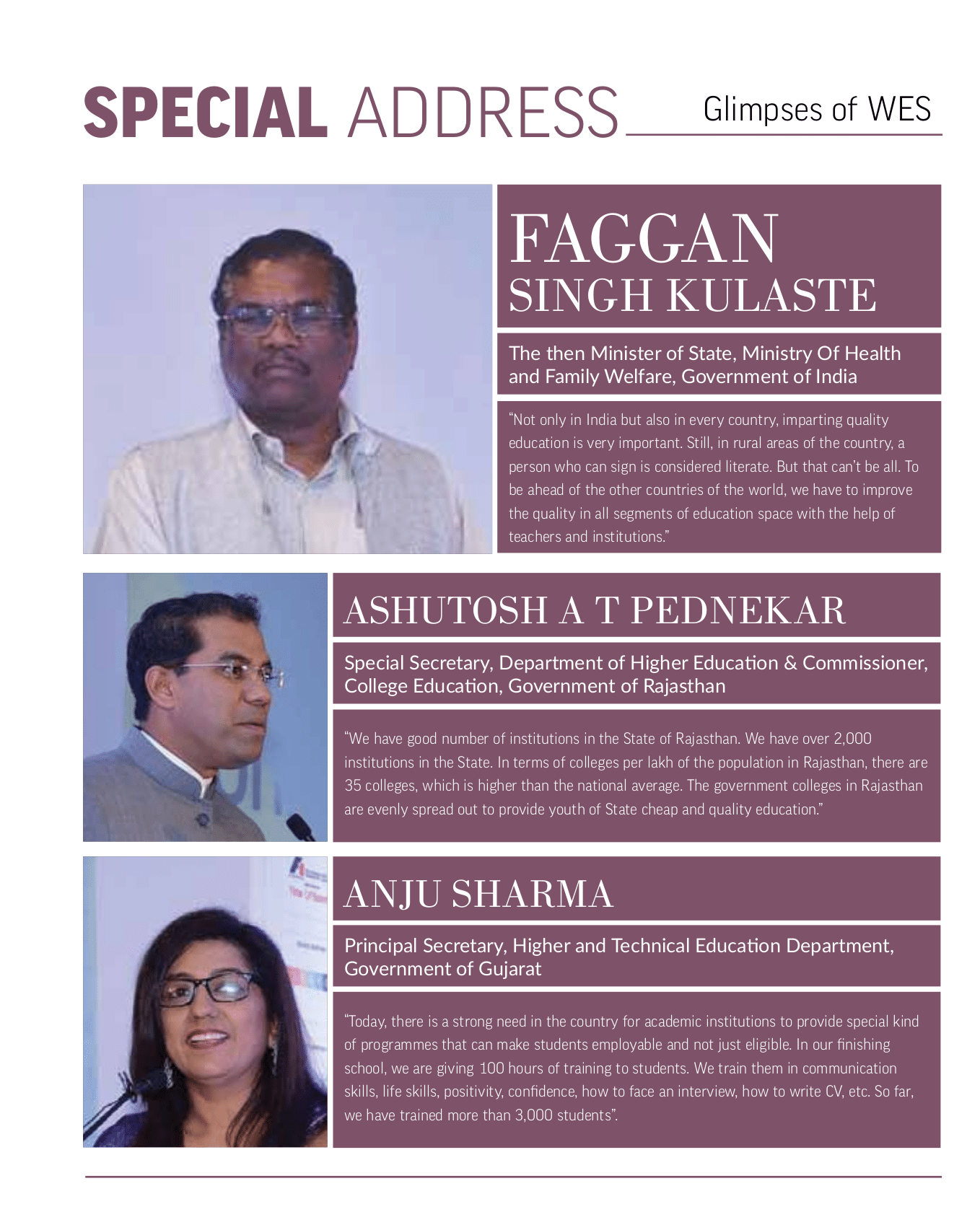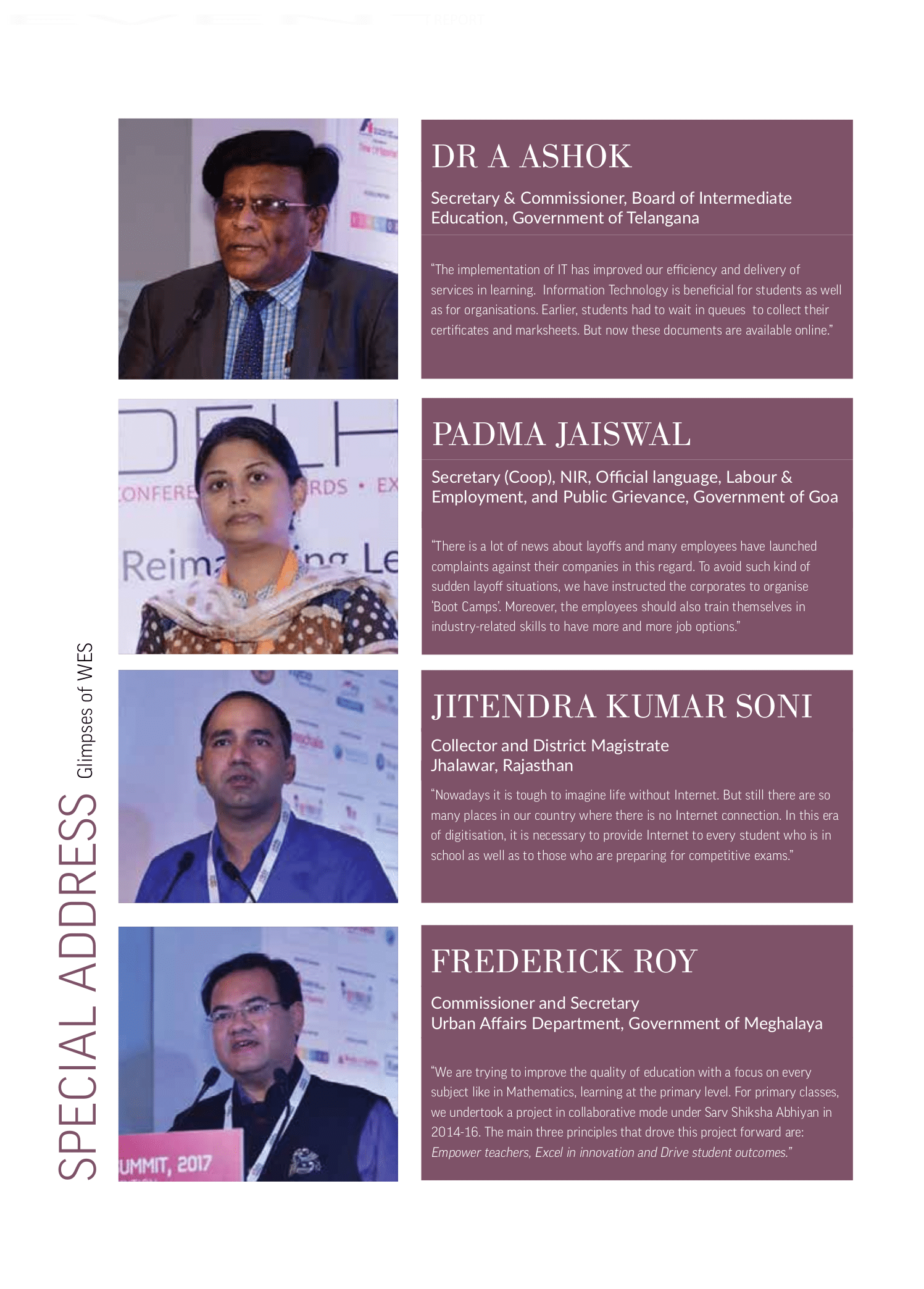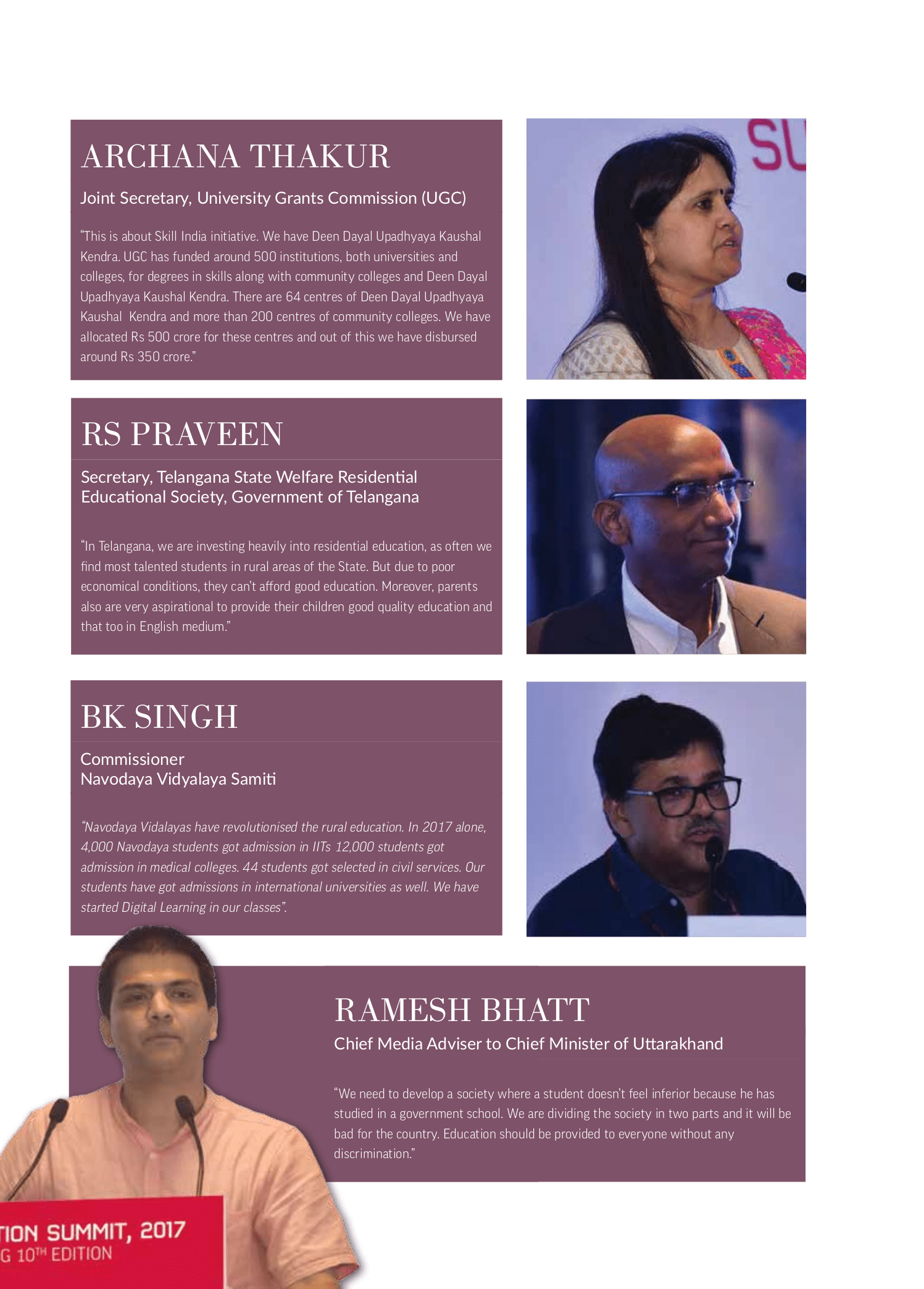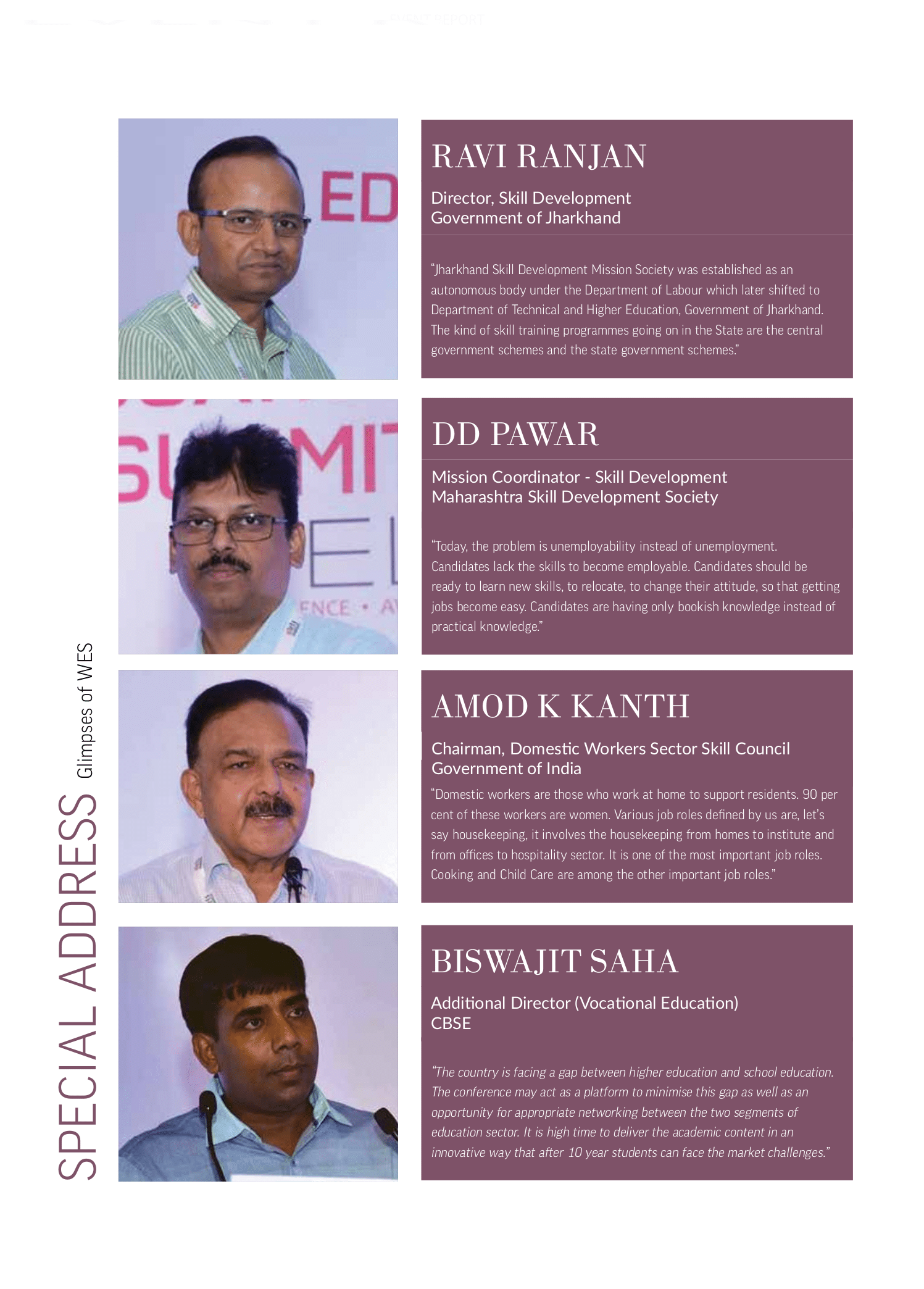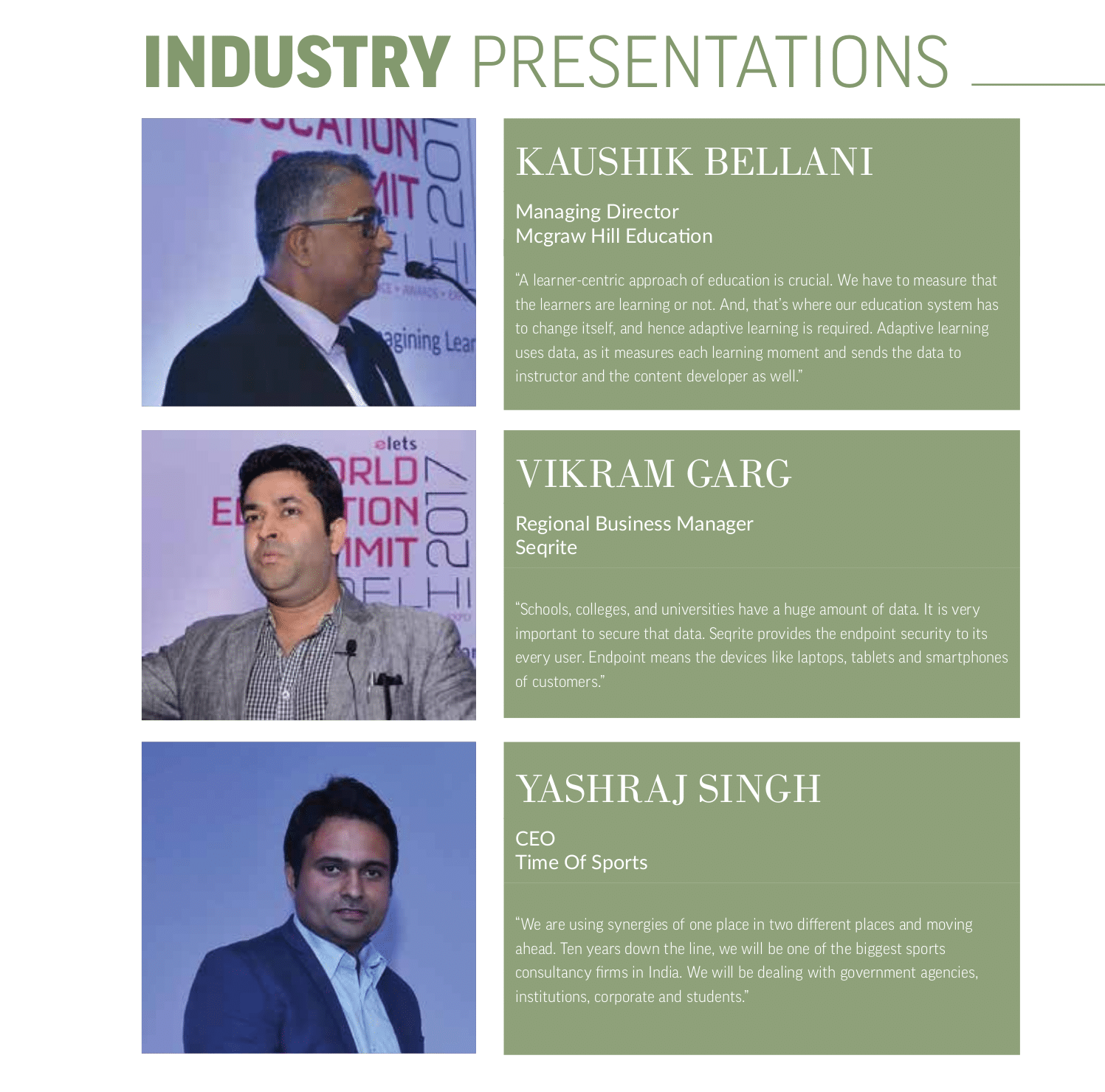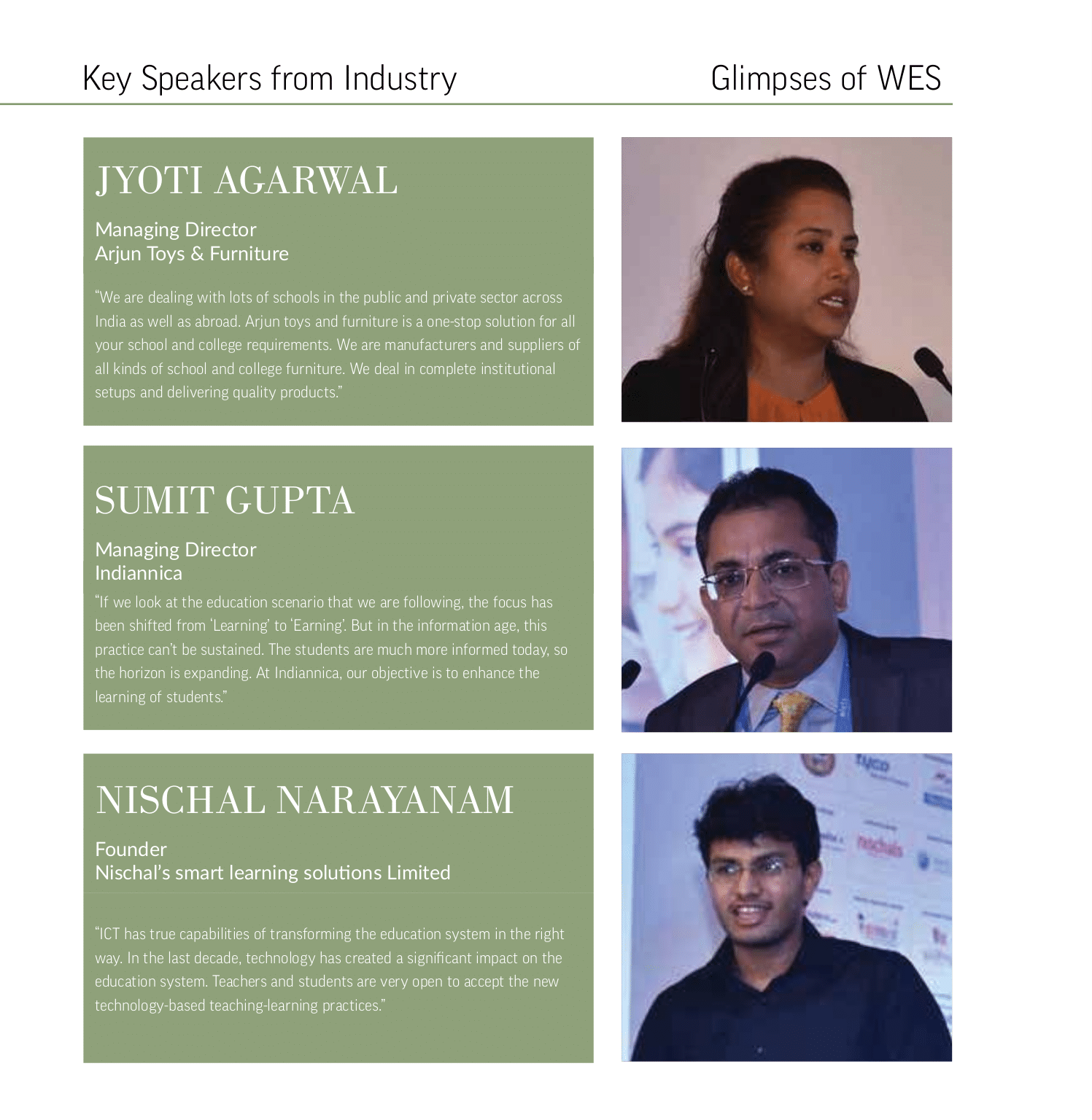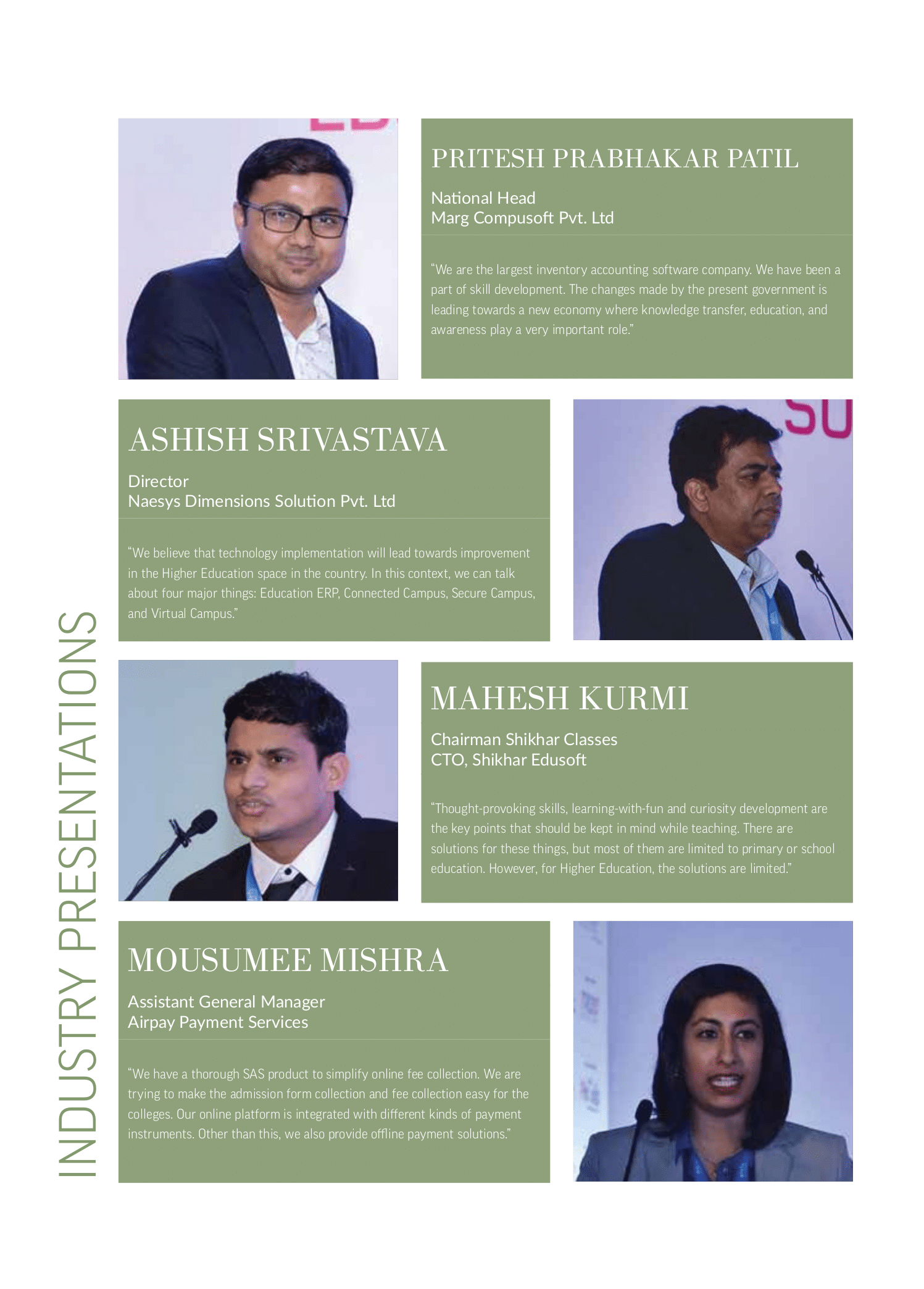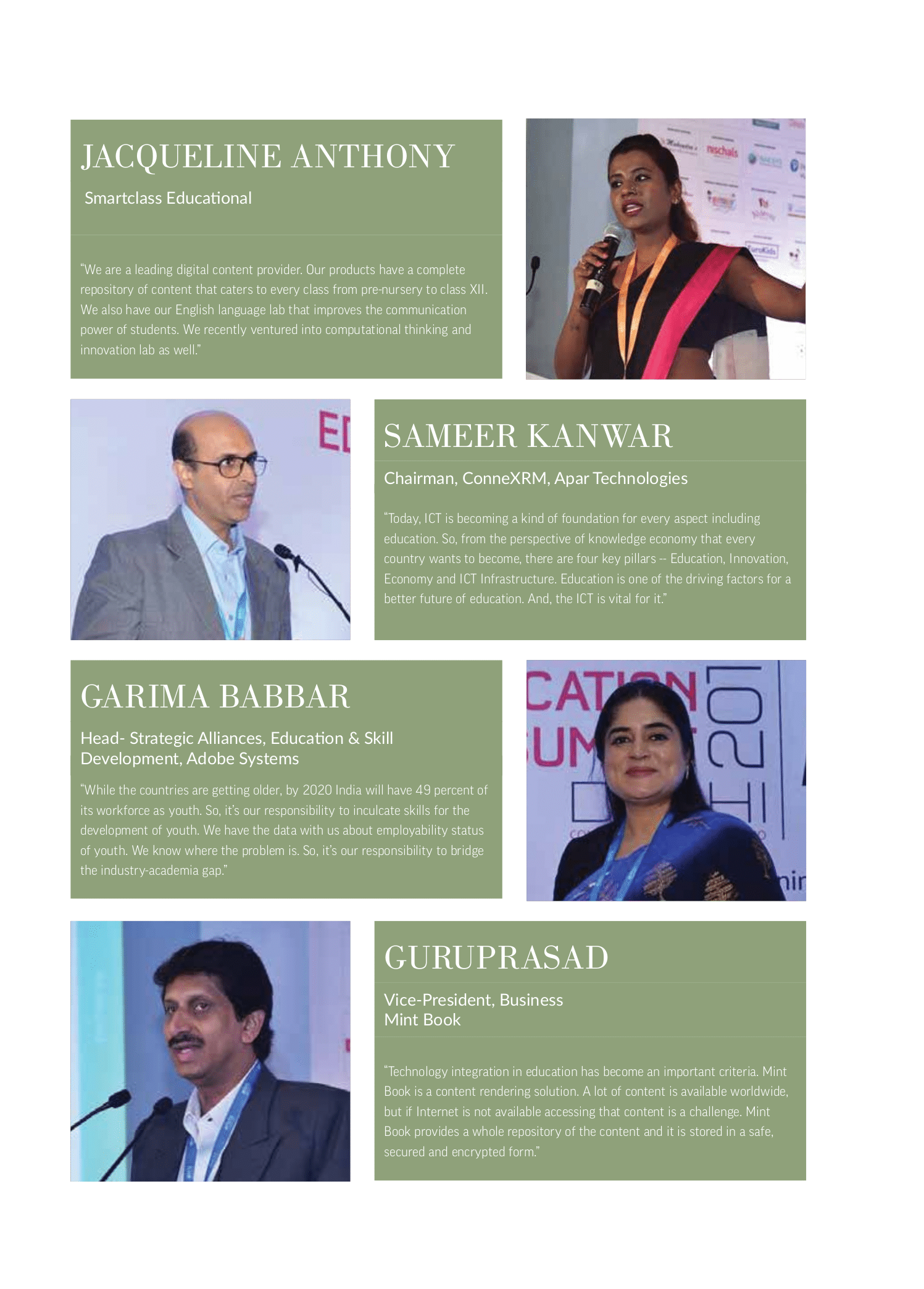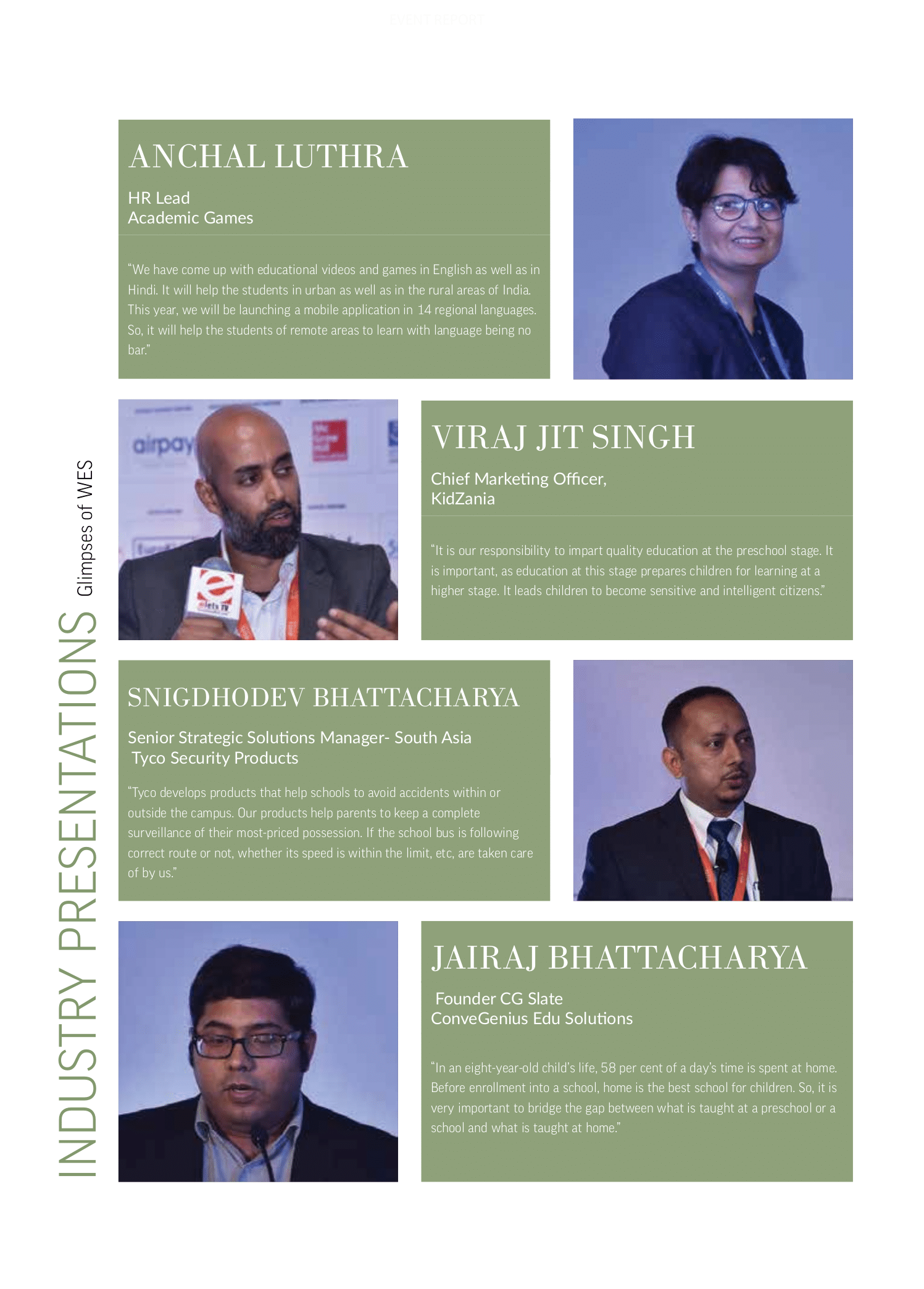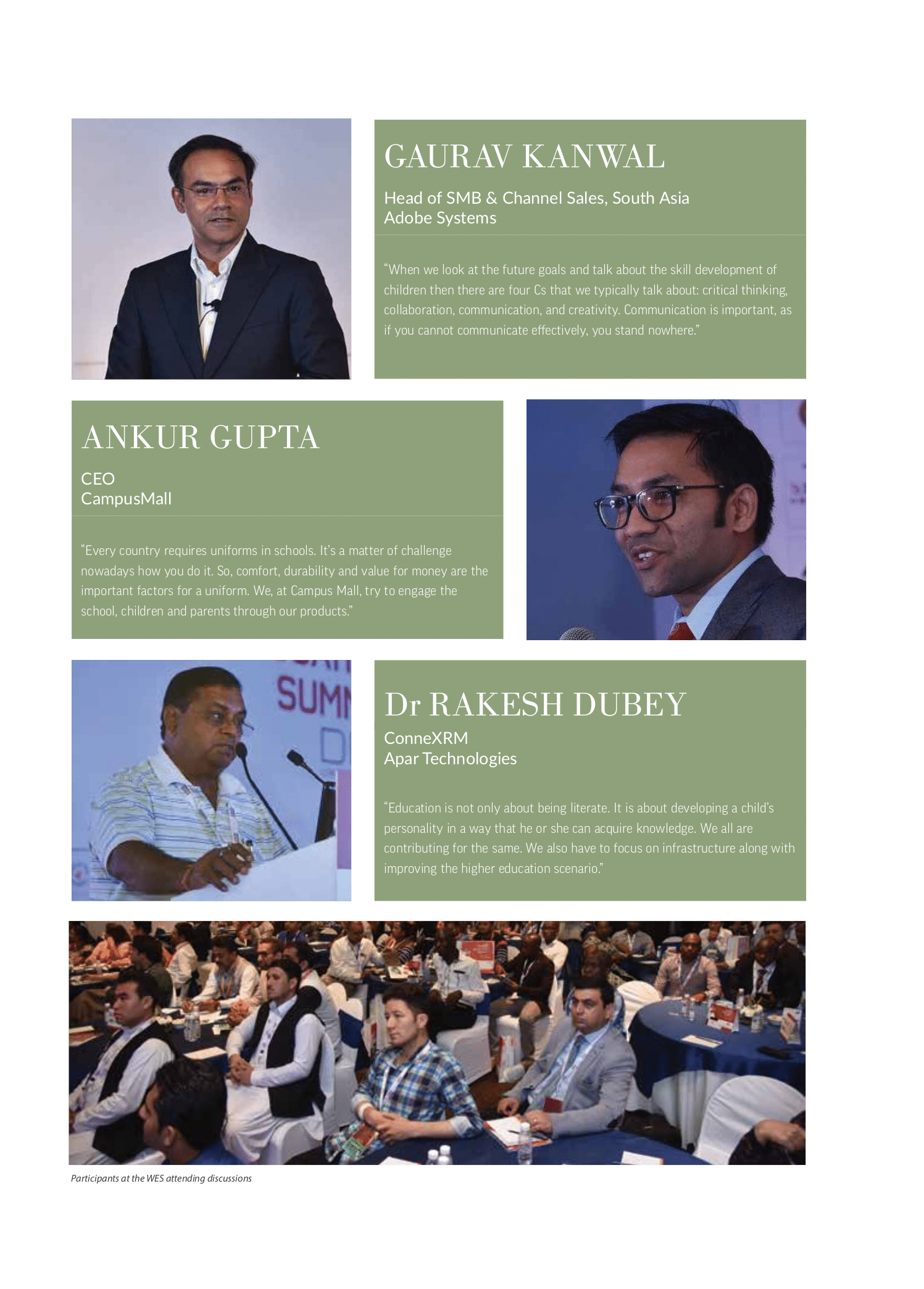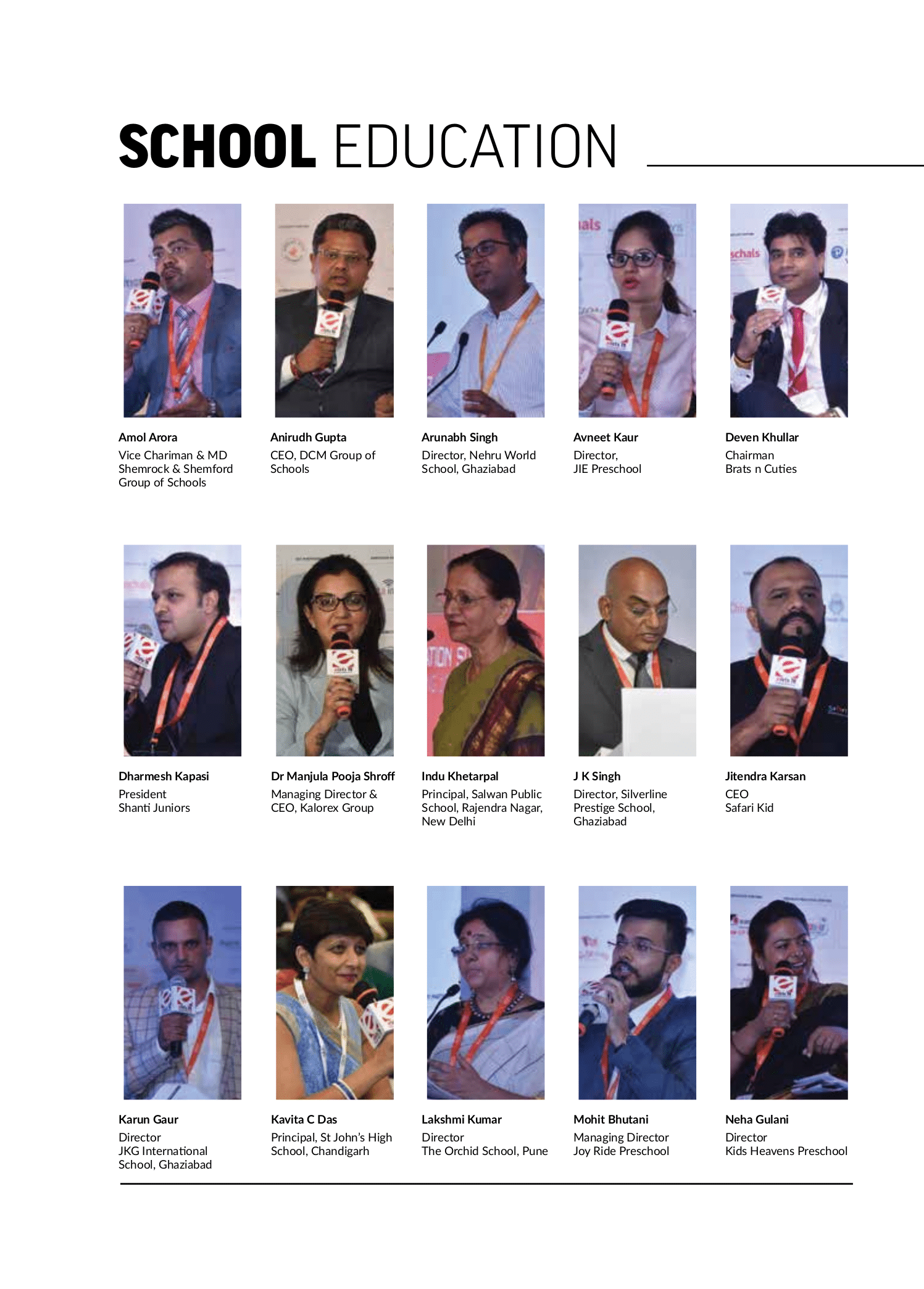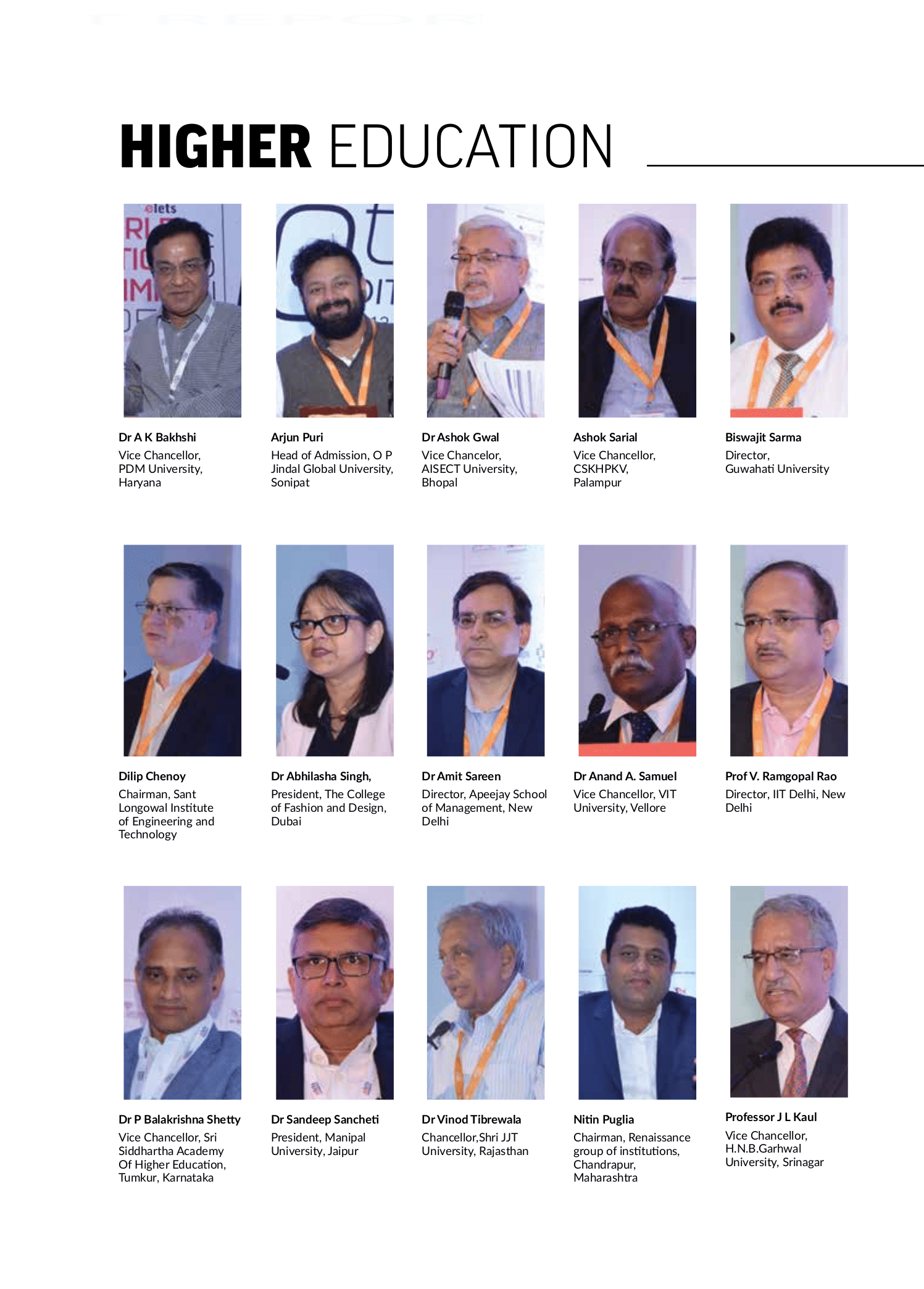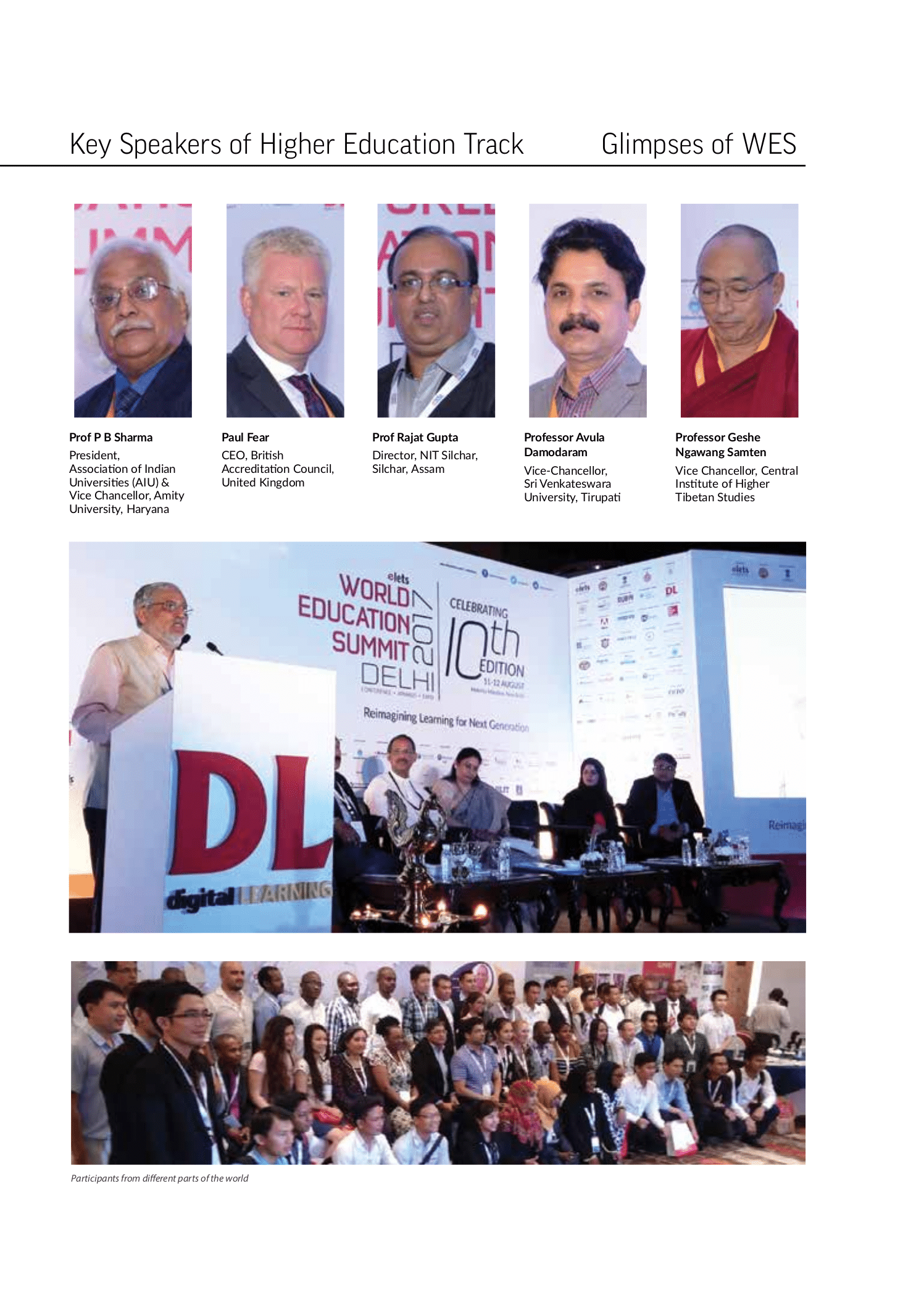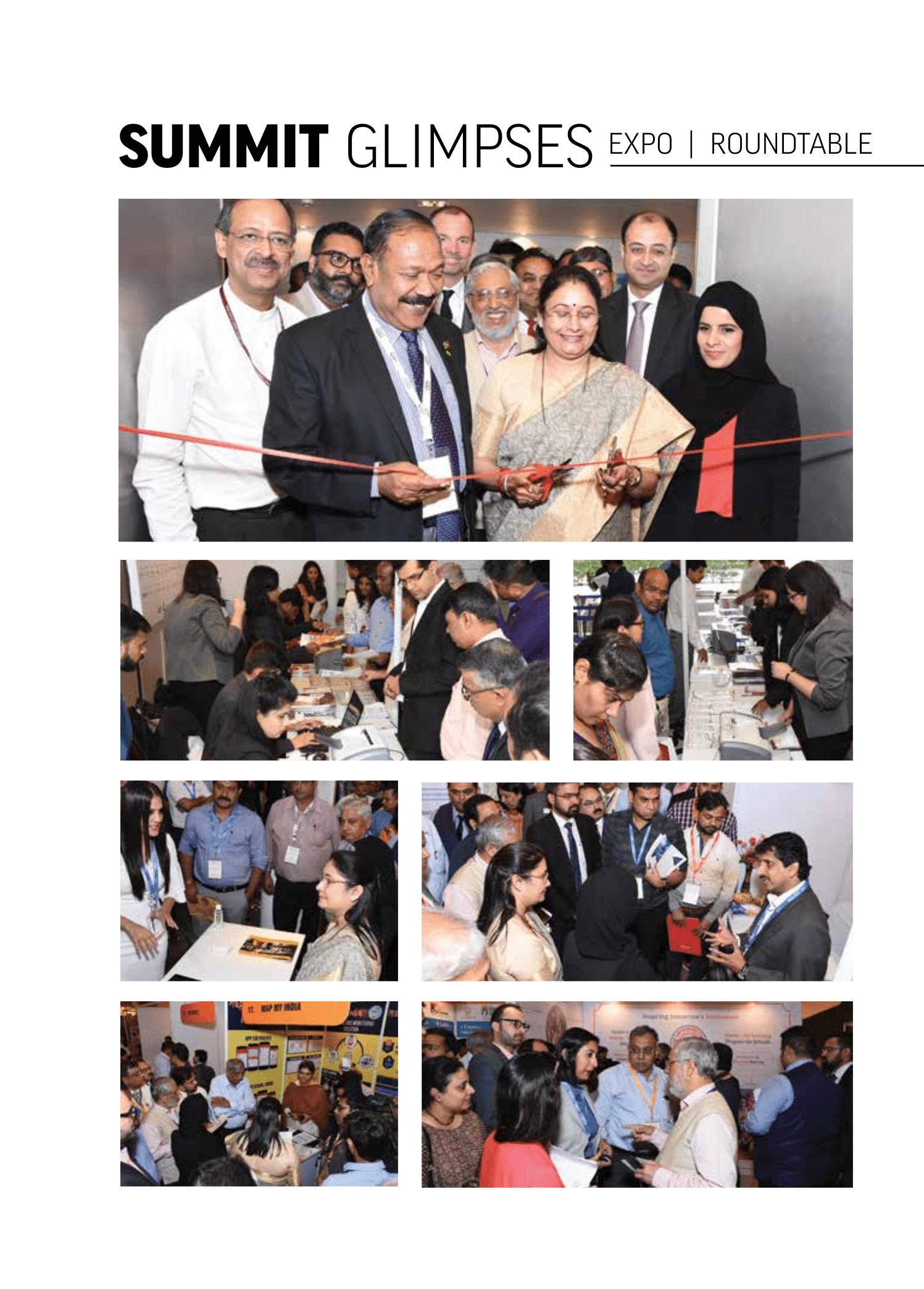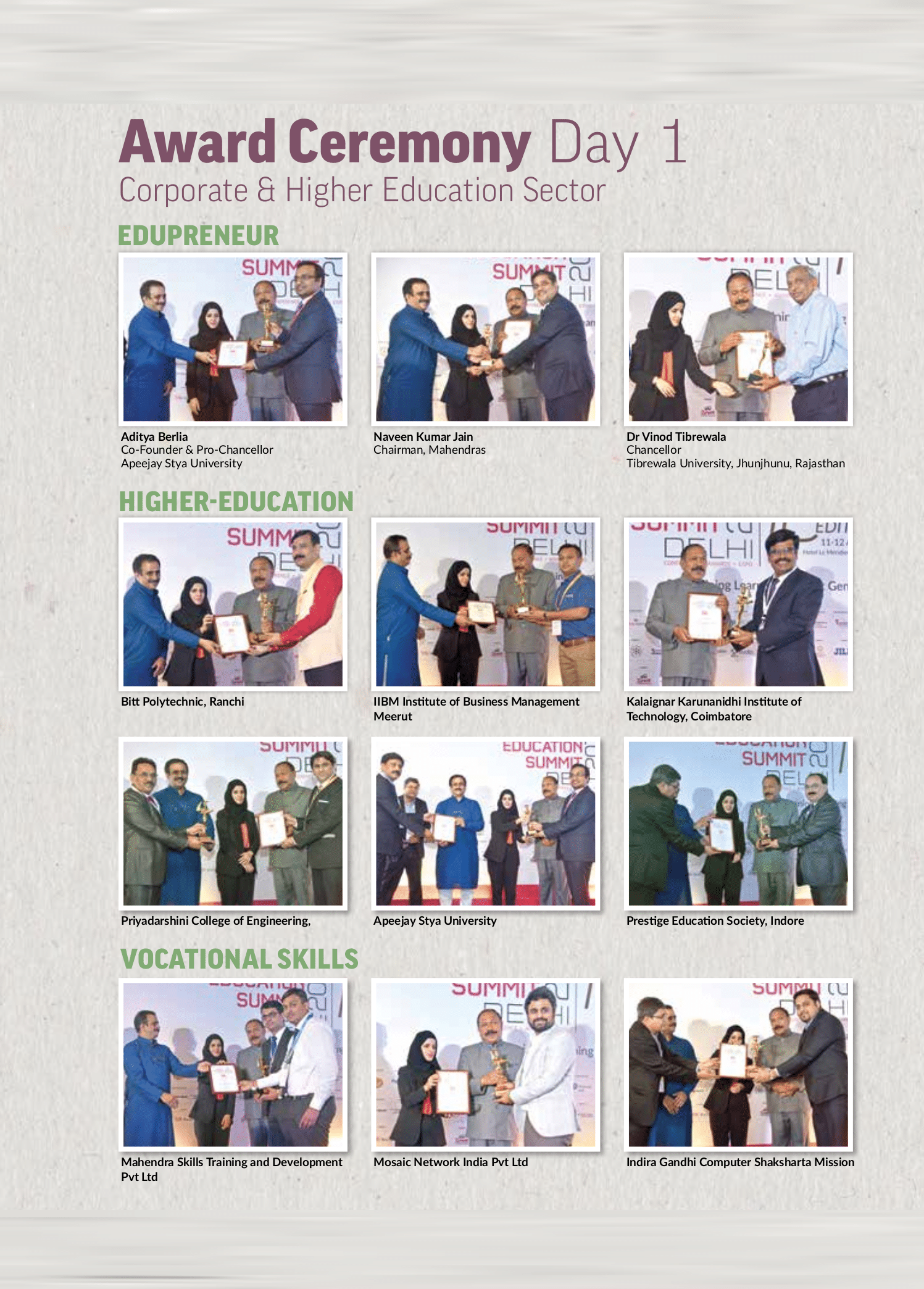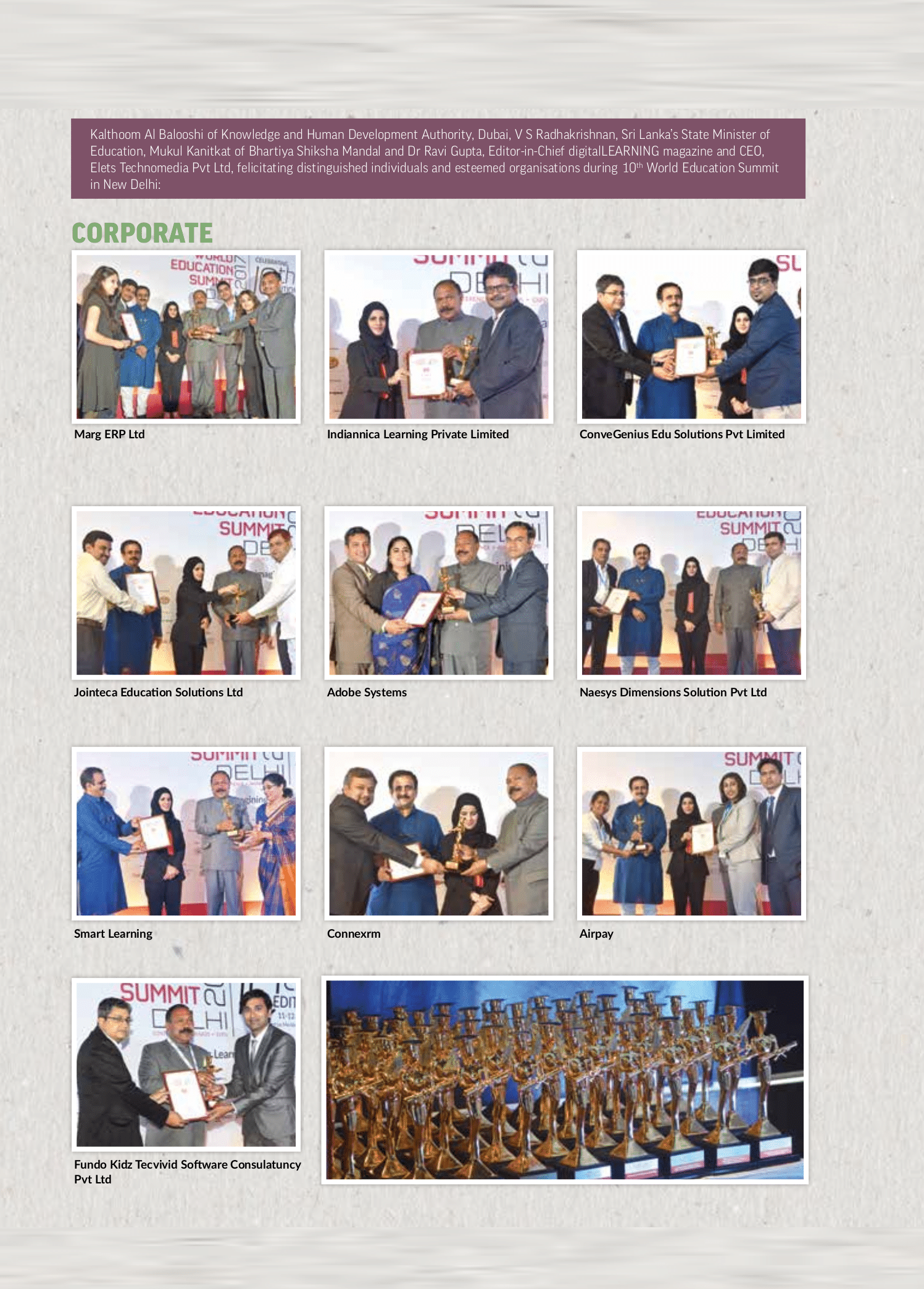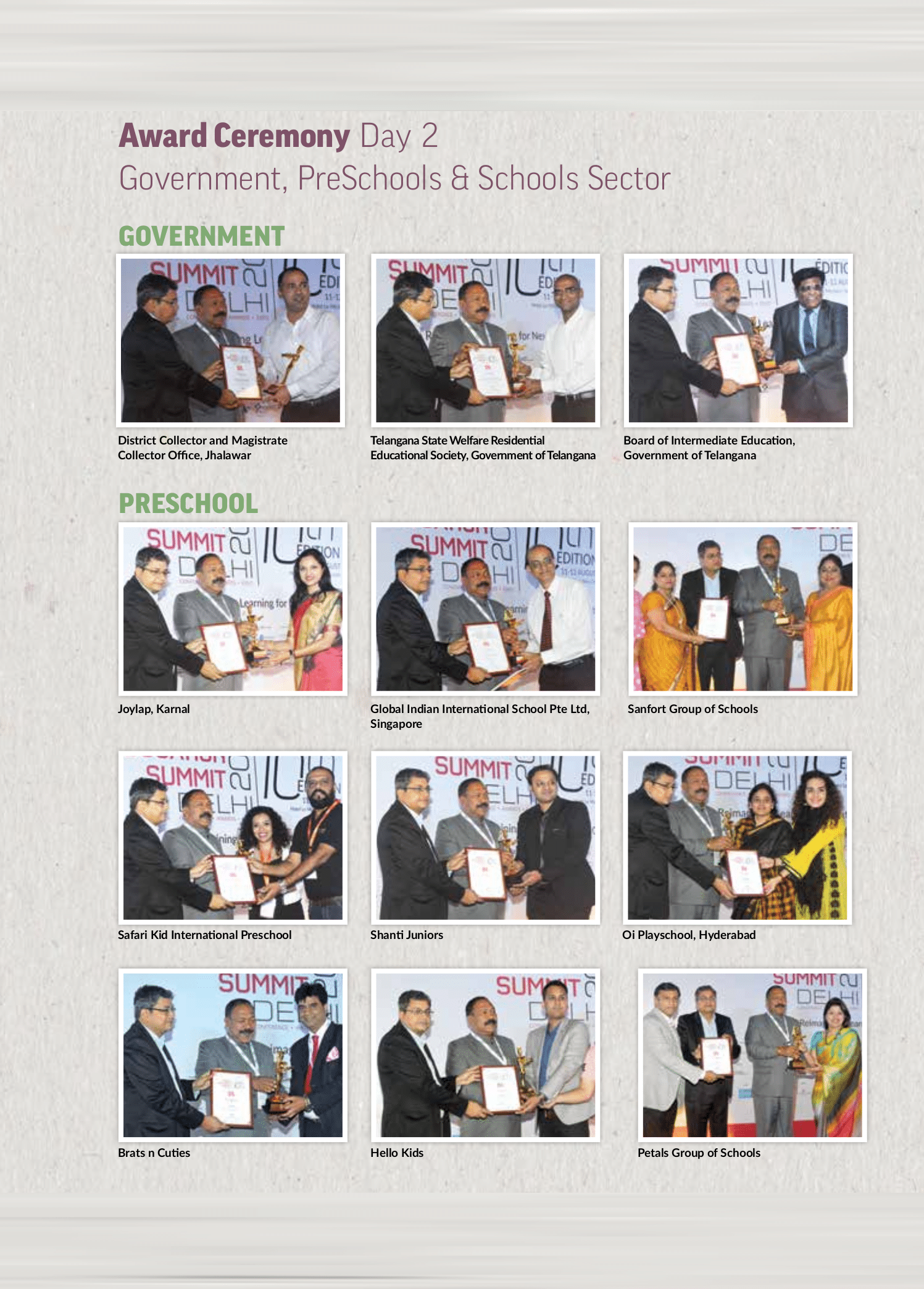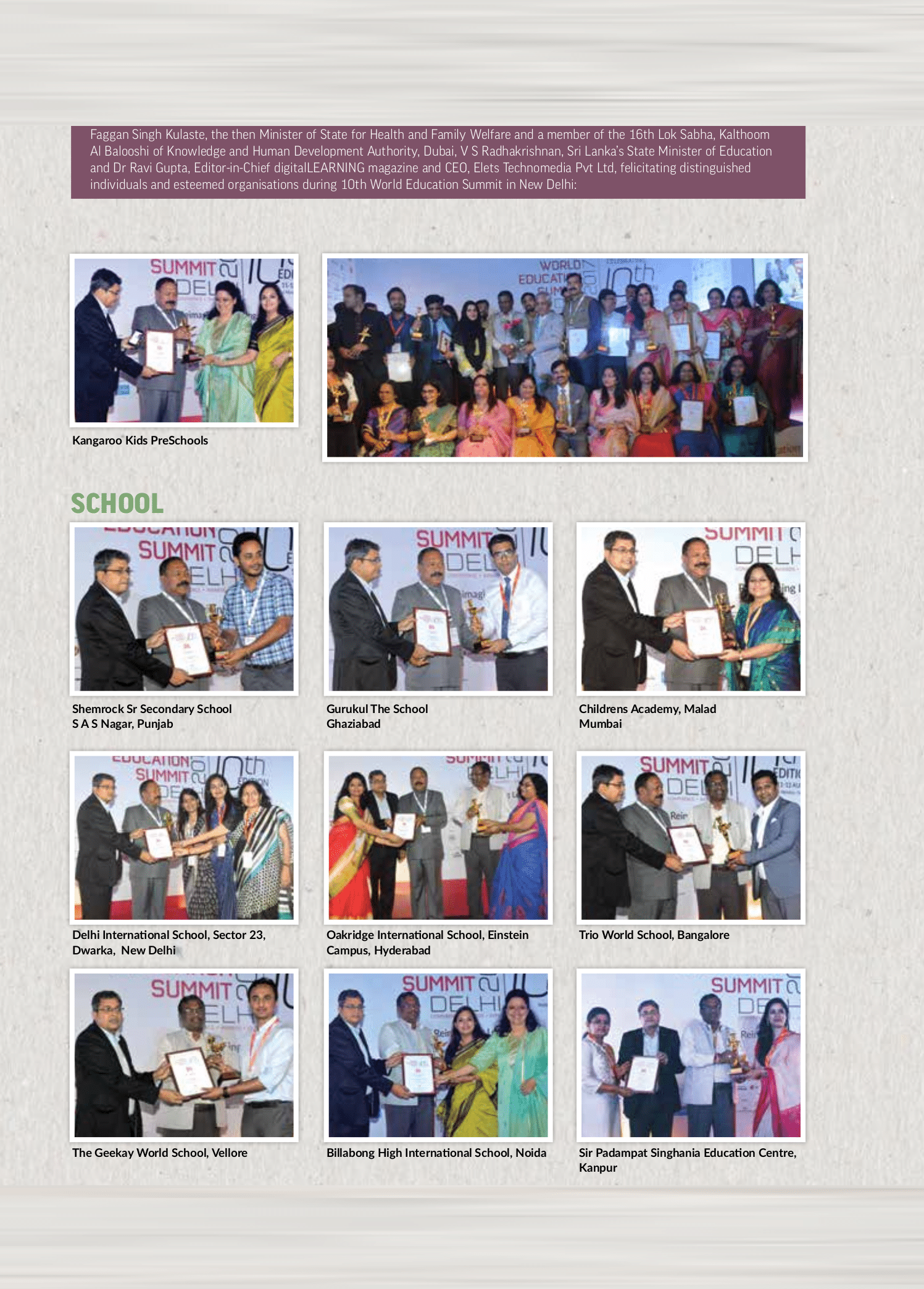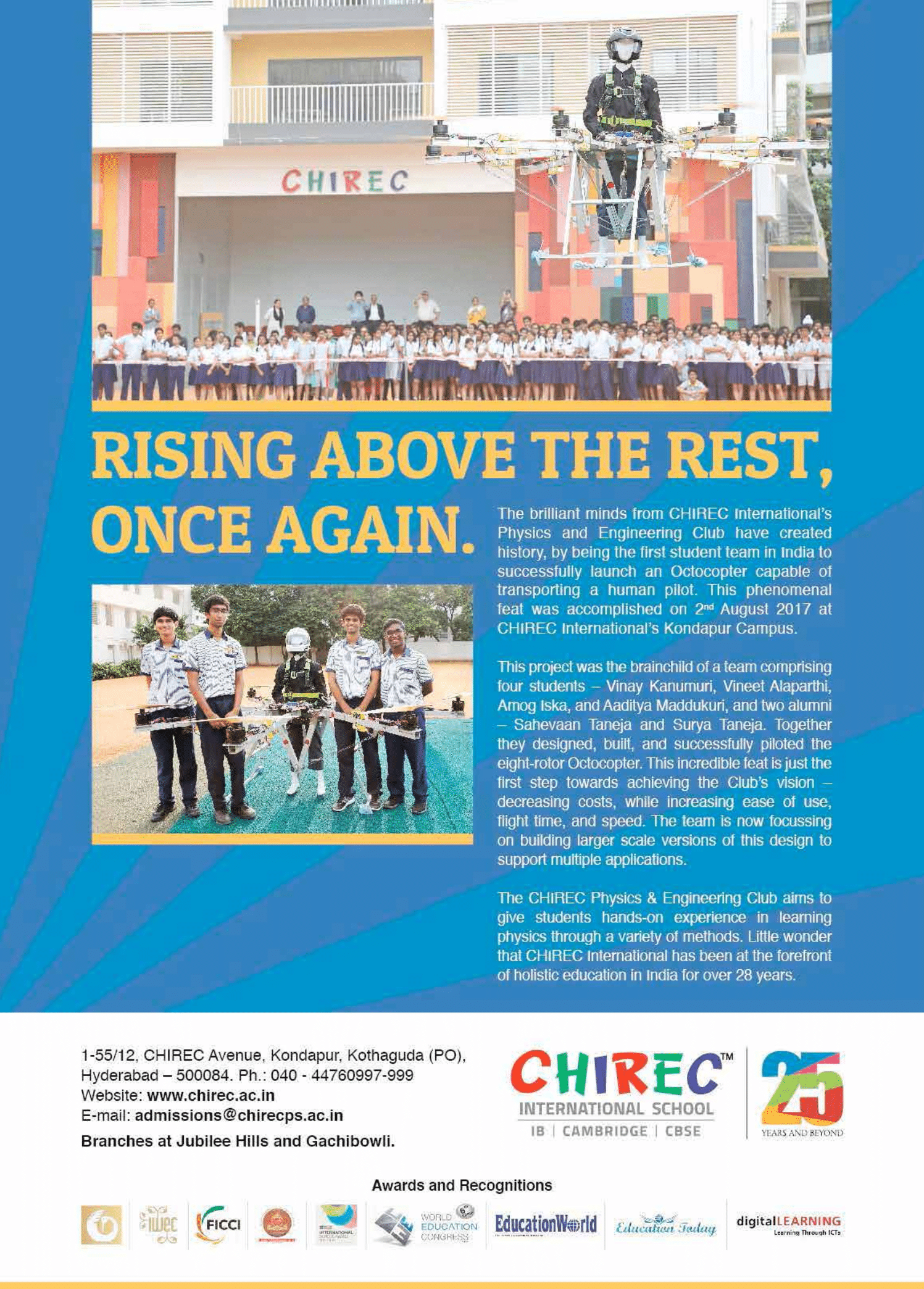Cementing its reputation as the premier exhibition platform for professional audio visual (Pro-AV) and experiential communications technologies in India, the InfoComm India 2017 witnessed heavy footfall which reached a five-year high.
The annual show has registered an upward trend since its inception in 2013.
On 26-28 September 2017, total 8,162 unique visitors attended the exhibition in Mumbai to check out emerging technologies and network with key stakeholders , representing a 16 percent increase over last year’s footfall.
The show, which was themed “See the Future of Networked Communications”, is the only dedicated trade fair for Pro-AV and experiential communications technologies in India.
Moreover, significant engagement was witnessed in the educational component of InfoComm India 2017, where experts shared current trends and in-depth market insights in various sessions, registering a 66 percent jump from the previous year. In comparison to 2,100 participants in 2016, over 3,500 people attended this year’s program in 66 sessions.
Birad Yagnik, Trustee and Curator of the Mahatma Gandhi Digital Museum, was one of nearly 100 hosted buyers invited by the organisers. Yagnik said, “I was here a couple of years ago, and I wasn’t expecting so many people this time. The huge turnout was a surprise. I think it’s a very strong representation and it also shows that we are really moving towards Digital India.”
A regular visitor, Lyju Thomas, the Technical Lead at Raymond Ltd, was impressed by the depth and breadth of technologies showcased at the event. He said, “This year I had an opportunity to see some very interesting and interactive technologies. One of the best parts of InfoComm India is that it is updated with the latest and upcoming technologies in the Pro-AV segment, and you get an opportunity to interact with several OEM’s at one platform.”
The show had booths featuring over 200 exhibitors from more than 20 countries, of whom 52 were first-time exhibitors. Furthermore, over 94 new-to-India products were launched at the show. The exhibitors included Delta, Epson, Extron Electronics, Harman, Kramer Electronics and Panasonic India.
Harman Worldwide has participated in InfoComm India since the inception of the show. Shaun Robinson, Vice President, Corporate Education and Government Solutions at the company, said, “The show allows us to demonstrate our new solutions that we’re bringing across to the markets in the world. I saw a great mix of people, including AV consultants, system integrators, and end customers. We are able to get a wide variety of feedback from those different perspectives, and we take these feedback straight to our product development team, who are still finishing some of these products.”
Akhil, Applications Engineer from Godrej India, said, “I have been visiting the show for the last three years. InfoComm India is a great platform which affords us the rare opportunity to meet our OEM partners. This is where we can find out more about new emerging technologies, new products that they have, and discuss marketing, sales and service strategies.”
This year’s edition was also marked by the strengthening of ties between InfoComm India and local industry and government associations. Joining the nine associations which have already been working with InfoComm India, notable first-time collaborators include established industry associations such as All India Institute of Local Self Government (AIILSG ) and Federation of All India Association (FAIITA).
Richard Tan, Executive Director of InfoComm Asia, which produces the InfoComm India show, said, “Over the last five years, the show has grown significantly in size and quality, in tandem with India’s growth. Clearly, demand and interest is soaring. Now, more than ever, InfoComm India is playing a crucial role in connecting technology companies, businesses and local industry associations to the right channels and networks, to fuel India’s digital transformation journey.”
InfoComm India will return next year on 18-20 September 2018 at the Bombay Convention Centre in Mumbai.
 The institute’s Computer Science and Engineering department would host the Samsung Innovation Lab. Under the MoU, the students will be trained on the Internet of Things (IoT) through Tizen-based operating systems, commonly used by the company for its mobile phones and home appliances.
The institute’s Computer Science and Engineering department would host the Samsung Innovation Lab. Under the MoU, the students will be trained on the Internet of Things (IoT) through Tizen-based operating systems, commonly used by the company for its mobile phones and home appliances.






